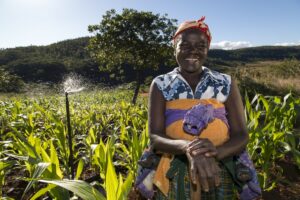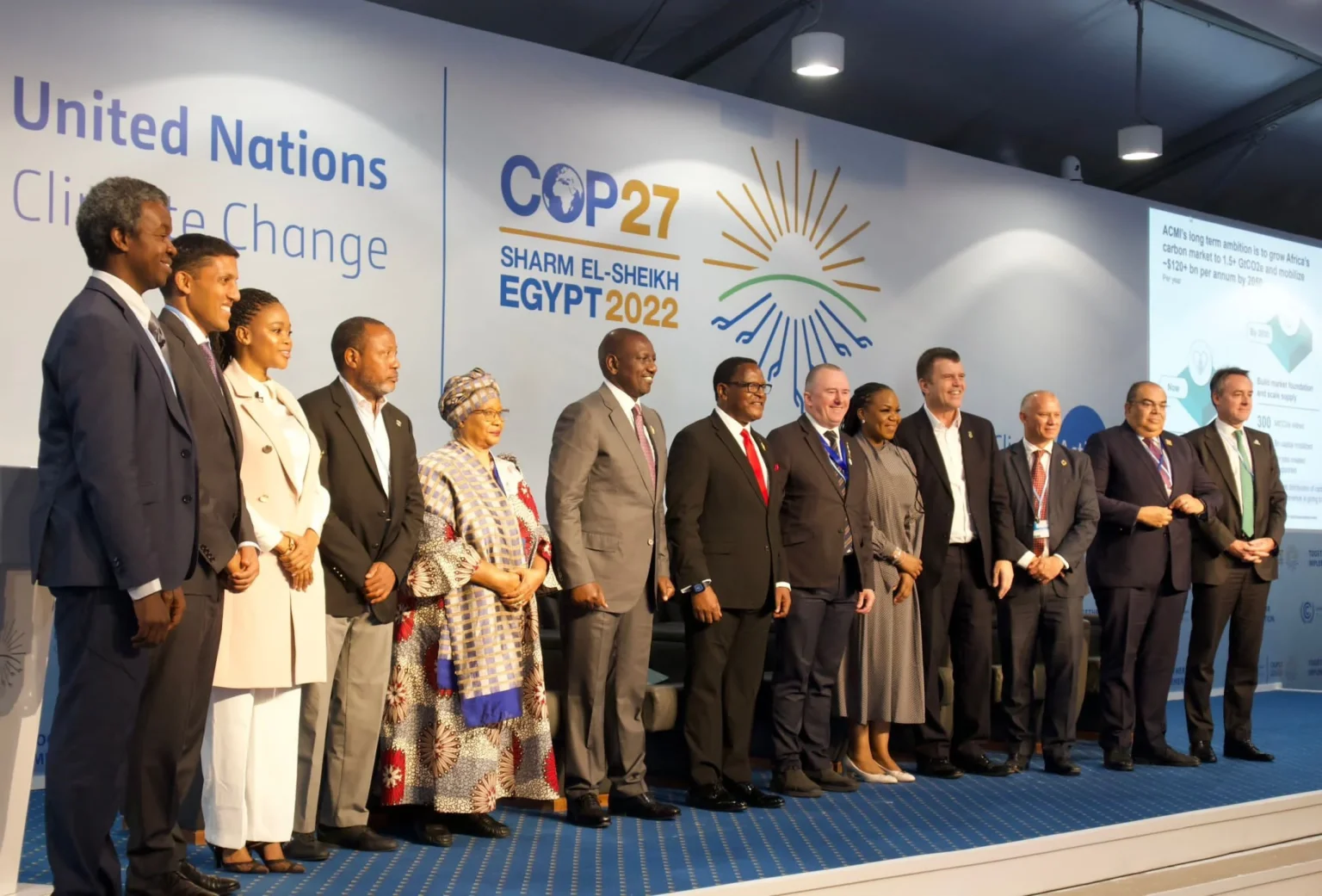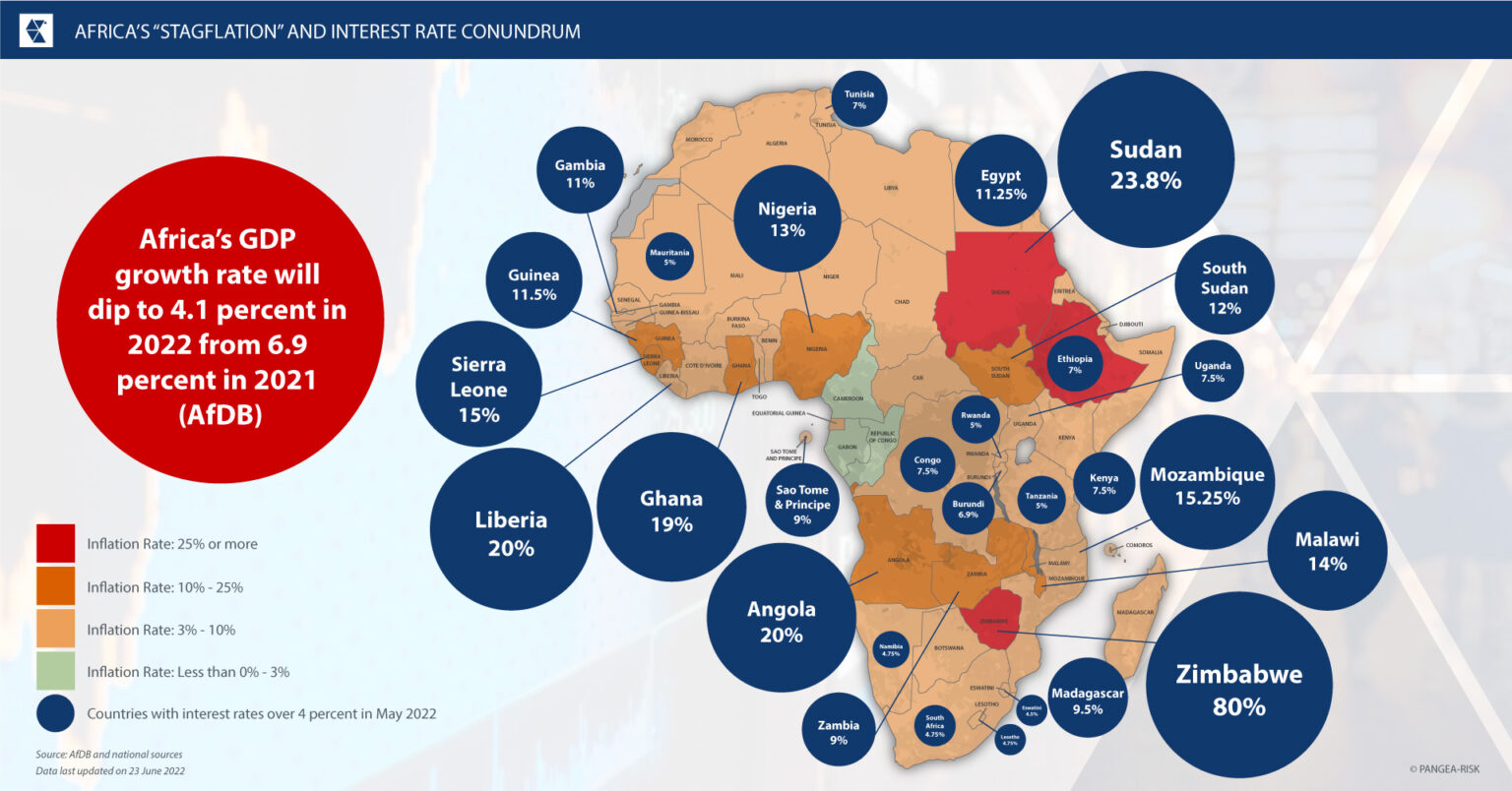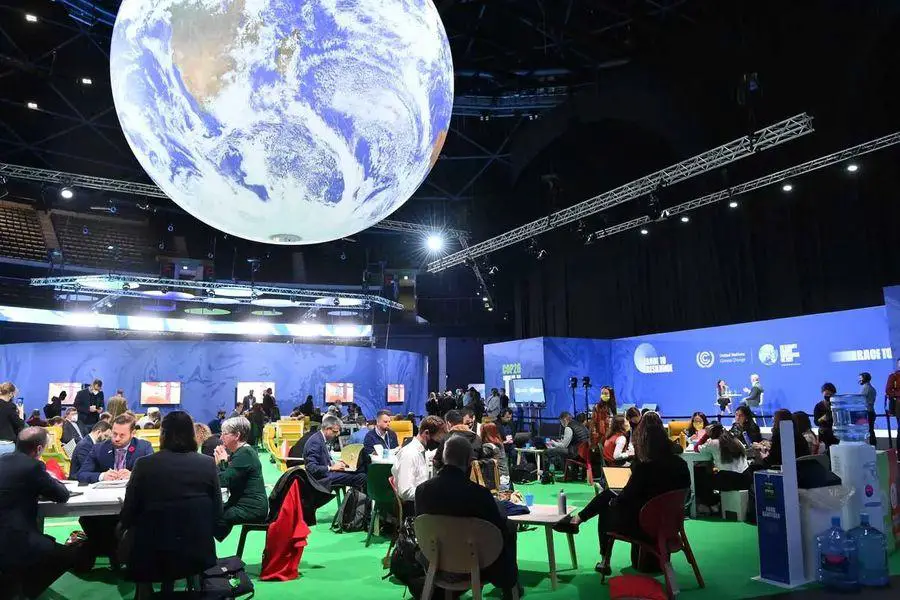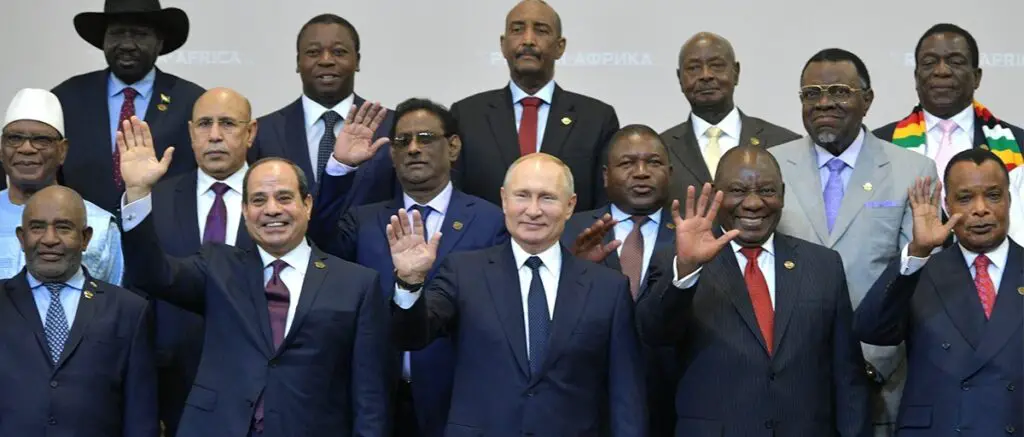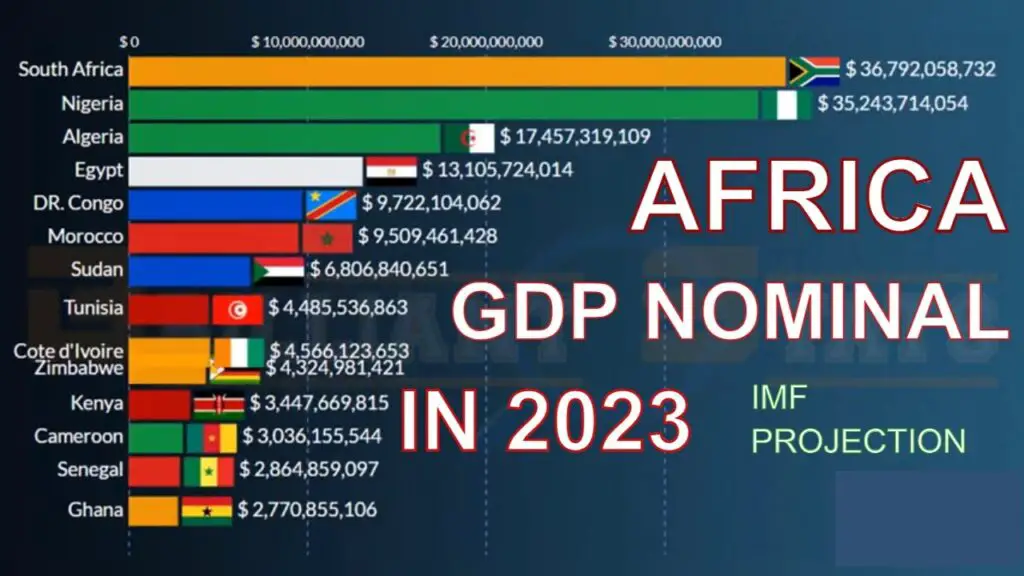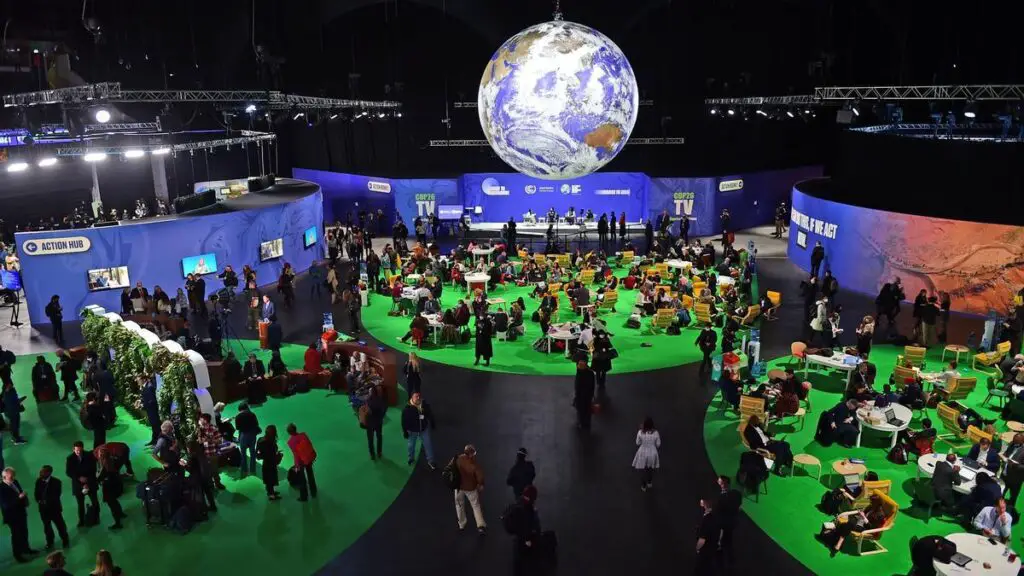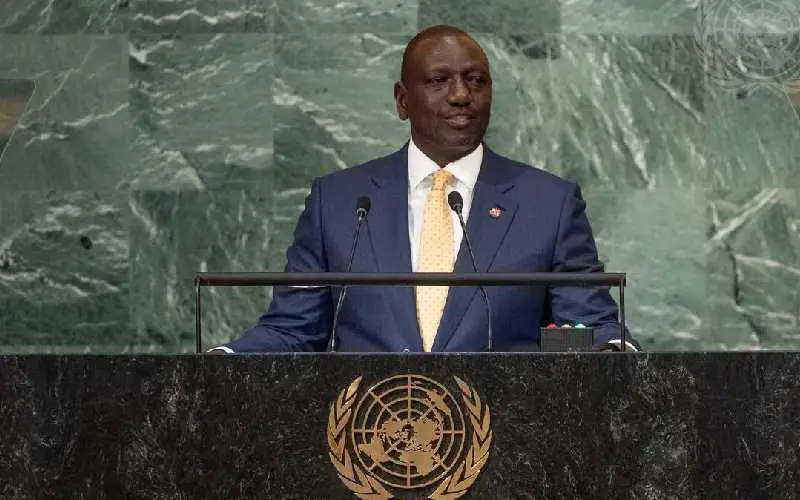- UAE support paves the way for Madagascar’s first gold refinery plant
- UAE is capable of shaping a new ‘inclusive, sustainable and global’ investment landscape
- Africa’s quest to unlock trillion-dollar food economy potential
- Partners back AIM Congress 2024 vision for global economic stewardship
- AIM Congress 2024: pre-event forums set the stage for strategic insights on global showcase
- Kenya, Tanzania braces for torrential floods as Cyclone Hidaya approaches
- EAC monetary affairs committee to discuss single currency progress in Juba talks
- Falling transport and food costs drive down Kenya’s inflation to 5 per cent in April
Author: june njoroge
The carbon credits market is gaining momentum as one of the lifeline sectors in a depressed global economy. African nations have been exploring this novel market as one way to offset their bulging debts and raise loans by selling carbon credits, thereby unlocking billions for climate finance and economic development in the continent.
Climate change has had disastrous consequences especially for African countries but seemingly, nature now has the potential of providing developing nations with an economic boost.
Most African economies have been hanging on by a thread, in the wake of the myriad existential challenges that have bombarded the continent in the recent past. From climate induced natural disasters, food insecurity, political instability, civil unrest to heavy indebtedness as the aftermath of the Covid-19 pandemic and the Russian-Ukraine war.
As the deleterious effects continue to reverberate across the continent, inflation rates have gone through the roof in many nations …
Africa has stumbled headlong into what has been called the ‘perfect storm’’. From the heavy burden of debt servicing, the instability created by election cycles, geopolitics and war as well as the lingering threat of food insecurity caused by conflict and adverse weather conditions. Seemingly, the proverbial pandora’s box of horrors has been let ajar and the evils through different manifestations are ravaging the continent from all corners. However, as the Greek myth holds, only one thing is said to have been left in the box after it was shut; hope. Amid all the daunting troubles Africa is facing, hope for a better and prosperous Africa is the fuel to help the continent weather these ominous challenges.
We explore some of these existential challenges and some plausible solutions thereof.
Political Instability in Africa
Africa is no stranger to political instability and civil unrest which has stagnated most economies and impeded …
Africa’s blue economy is set to flourish and gain a whole new prominence in 2023, with increased investments lining up to exploit this lucrative but undervalued sector.
One of the major announcements that has signalled an increased interest in the blue economy came out of the twenty-seventh session of the Conference of the Parties (COP 27) in Sharm el-Sheikh, Egypt in November 2022. The World Bank announced a Mangrove Blue Carbon Pilot Program, an initiative meant to catalyze financing and provide operational response to developmental challenges in coastal-marine areas of the African continent.
Dubbed the Blue Economy for Resilient Africa Program (BE4RAP), the initiative seeks to respond to the challenge coastal countries face in managing their marine resources, to spur economic growth and reduce poverty, while adapting to the effects of climate change. The program is set to convene a “Focus on Africa Blue Marketplace” in 2023.
Building on the …
The world is on the cusp of a new geopolitical order, embracing multipolarity and swiftly effacing the long-standing unipolar world that has for decades on end, placed the U.S on a pedestal as the sole dominant superpower. In the recent past this hegemonic position has been challenged by emerging global powers, led by China, Russia, Germany, U.K, South Korea, France, Japan, UAE, and several others. These countries have grown in power, asserting an independent and to some degree collective influential role, in global economic affairs and security development, thereby ushering in a new multipolar world order.
The fall of the Iron Curtain in 1989 when almost all of the communist governments of the Eastern bloc were overthrown, heralded the formal dissolution of the USSR in 1991.This marked the end of the Cold War that began shortly after World War II in 1945. This was a period of geopolitical tension between …
In full throttle the world is diving deeper into the Fourth Industrial Revolution (4IR). Resultantly, among the new wave of technologies marking this new era is the adoption of digital currencies such as a CBDC. This relatively nascent era of economic disruption has birthed a need for digital currencies and we might very well be in the twilight years of using the traditional fiat currency. In his book, “The Future of Money: How the Digital Revolution is Transforming Currencies and Finance” economist Eswar Prasad, predicts that the era of cash is drawing to an end and that of central bank digital currencies and other forms of digital cash has begun. Indeed the future of money is evolving and already several countries across the globe are particularly piloting the Central Bank Digital Currencies (CBDCs).
In Africa, albeit slow, the concept of CBDC’s adoption is gaining momentum with several nations in the …
Most African economies have been staring into an economic abyss, besieged by a plethora of daunting challenges that have left many teetering on the edge of a precipice. A glance into Africa’s economic crystal ball for 2023 depicts a mixed bag of fortunes, with some economies set to flourish like a green bay tree, some will find themselves staring down the barrel of a recession whilst others will remain in the doldrums.
According to the International Monetary Fund (IMF), economic growth in Sub-Saharan Africa is expected to reach 3.7 percent in 2023. Slowing global growth, higher external borrowing costs and weaker domestic currencies, are now the dominant factors weighing on Africa’s economies next year. In reiteration, the Economist Intelligence Unit (EIU) predicts that African economies will face turbulent times in 2023, as a range of internal and external shocks undermine growth prospects and threaten stability, but most of countries will …
African countries have been at a crossroads of whether to continue adopting the green energy transition in full throttle, or tap into the myriad economic opportunities, presented by the Russian-Ukraine war.
African gas has gained prominence in the global energy market pertinently from Europe, as it seeks to wean itself off Russian gas, through its ‘REPowerEU Plan’. The Plan is targeted at saving energy, producing clean energy and diversifying energy supplies. Hence, oil and gas producing countries in Africa, have been rushing to cash in on this ‘dash for gas.’
Oil and natural gas-producing countries in Africa like Mozambique, Nigeria, Libya, Egypt, Cameroon, DRC, Angola, Namibia, Algeria, Ghana, Gabon, Mozambique and Equatorial Guinea among others; have an invaluable window of opportunity, to contribute largely to the global energy landscape. These nations have been facing the dilemma of whether to give in to pressure from the West, to switch from fossil …
Africa continues to grapple with what has been described by the UN, as the ’perfect storm of horrors’, due to the plethora of troubles that has hit the continent. From the climate change crisis, drought and famine, conflict, Covid-19 pandemic and the Russia-Ukraine war. The war has especially wreaked havoc on the continent’s food security, due to disruptions in global supply chains pertinently in food, fuel and fertilizers. Food insecurity in the continent was already at an all-time high before the war, principally in the Horn of Africa due to the locust invasion which was climate-induced. The situation was worsened by the pandemic, but the war has caused a full-blown hunger crisis in many regions. Fertilizer shortages and their high prices thereof, continue to exacerbate the hunger quagmire.
According to the 2022 Global Report of Food Crises Mid-Year Update report, at least one in five Africans goes to bed hungry, …
The new administration under President William Ruto, is striving to set the economy in the right tempo having inherited a heavily indebted government.
Through debt restructuring among other key economic reforms, Ruto’s administration is committed to quell inflation and create a thriving economy for all Kenyans.
The recently published East Africa Economic Outlook report, indicates that Kenya is among the countries in the region that could face rising risks of debt distress, thus widening fiscal and current account deficits, largely due to structural weaknesses exacerbated by the pandemic and the Russia-Ukraine war.
According to the 2022 African Economic Outlook (AEO), by AfDB inflation is projected to edge up to 7 per cent, close to the upper end of the target band at 7.5 per cent, caused by greater energy and food inflation. The Kenya National Bureau of Statistics (KNBS), reported that the country’s inflation rate as of October 2022 stood …
Libya’s economy has been teetering on the edge of a precipice since the ousting and killing of Colonel Muammar Gaddafi in 2011, as part of the protests that marked the Arab Spring. Once a progressive economy now a war-torn country, a playground for foreign powers rushing to satisfy their own interests, has left ordinary Libyan citizens to bear the brunt of a cycle of conflicts and civil wars, stagnating economic growth for a decade. The conflict birthed an unmatched refugee crisis, with thousands crossing the Mediterranean to seek greener pastures in Europe. Today’s Libya remains in electoral limbo as the political stalemate persists. Prospects for elections fade daily.
The situation in the country remains extremely volatile, rife with political uncertainty as to when a national government will be formed, and the formulation of a constitution thereof. Both presidential and parliamentary elections, slated to be held this year have been postponed …


